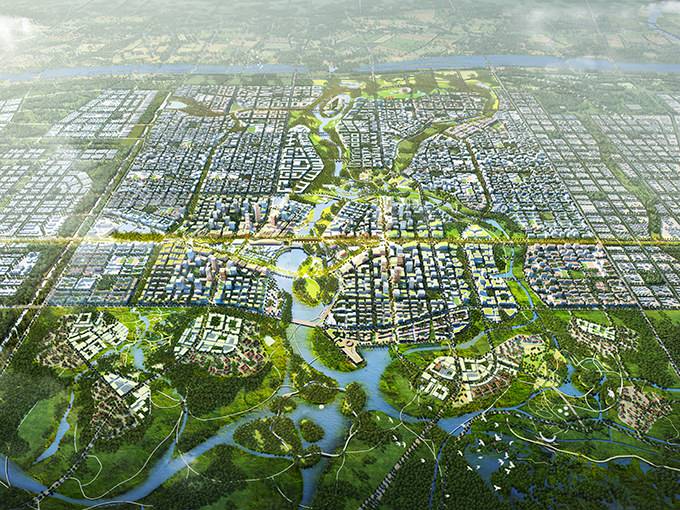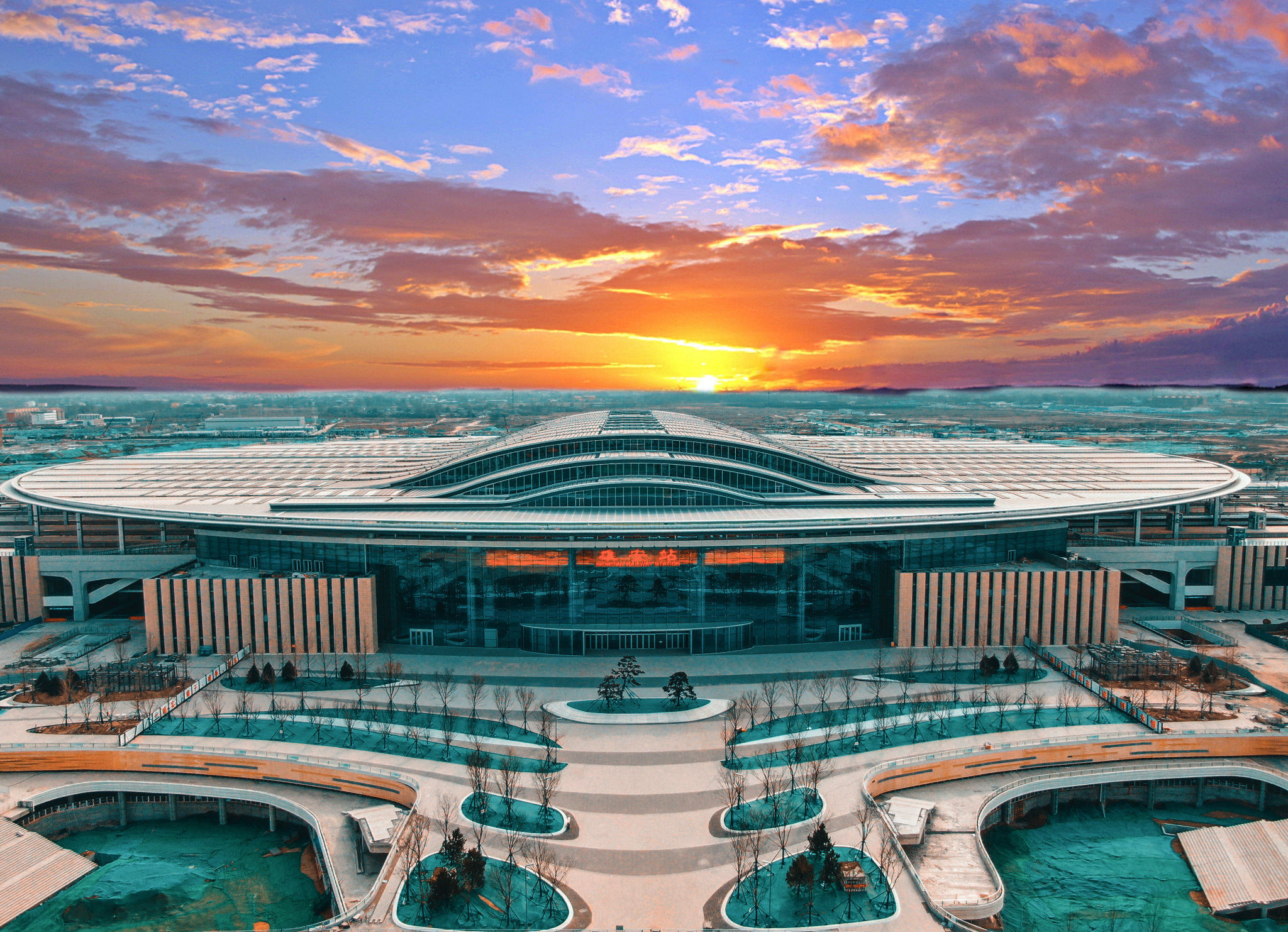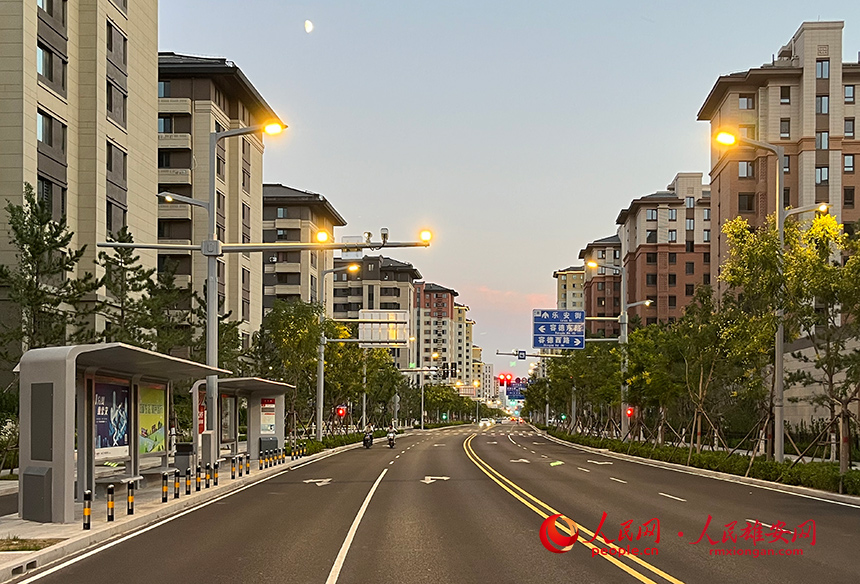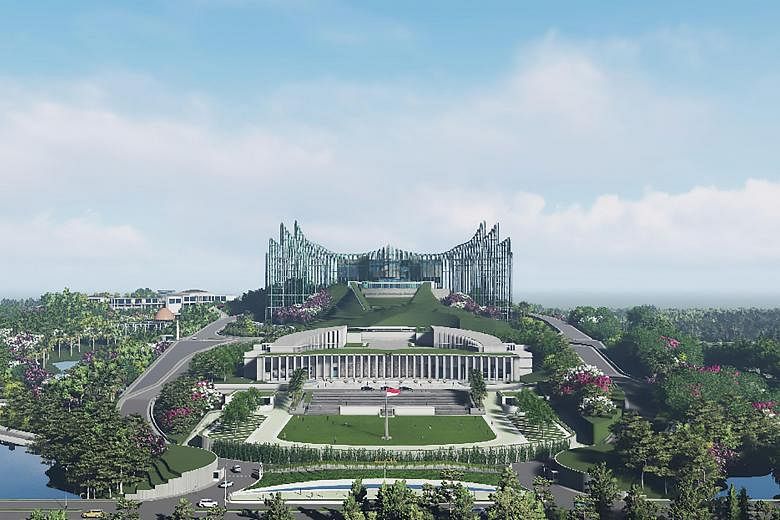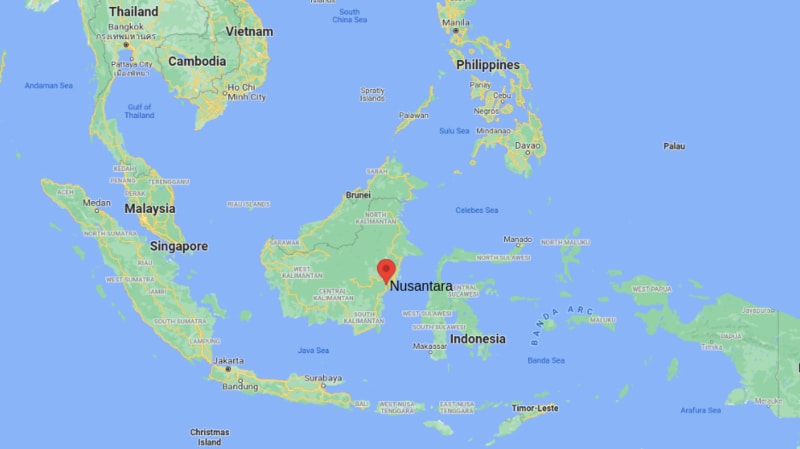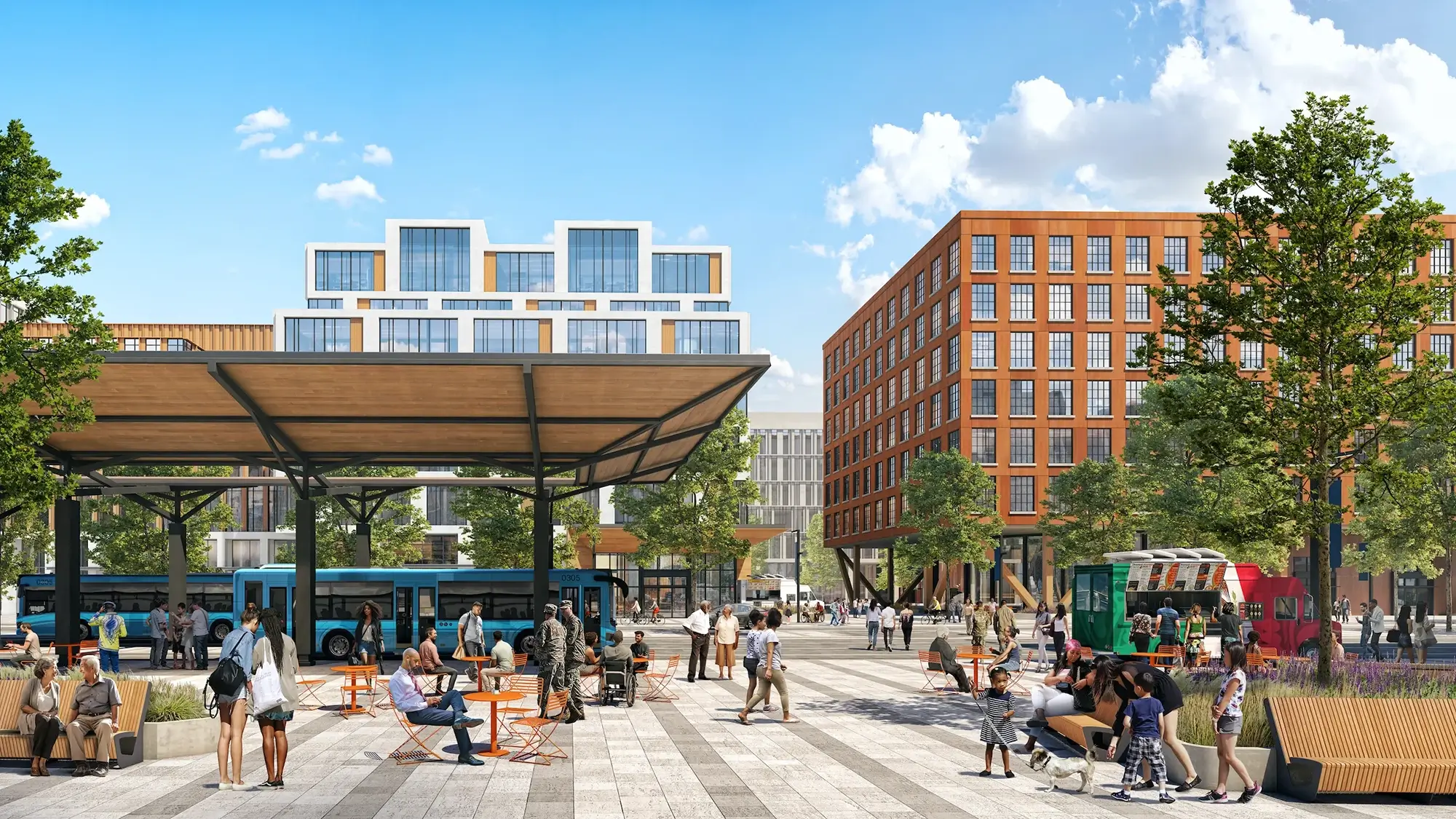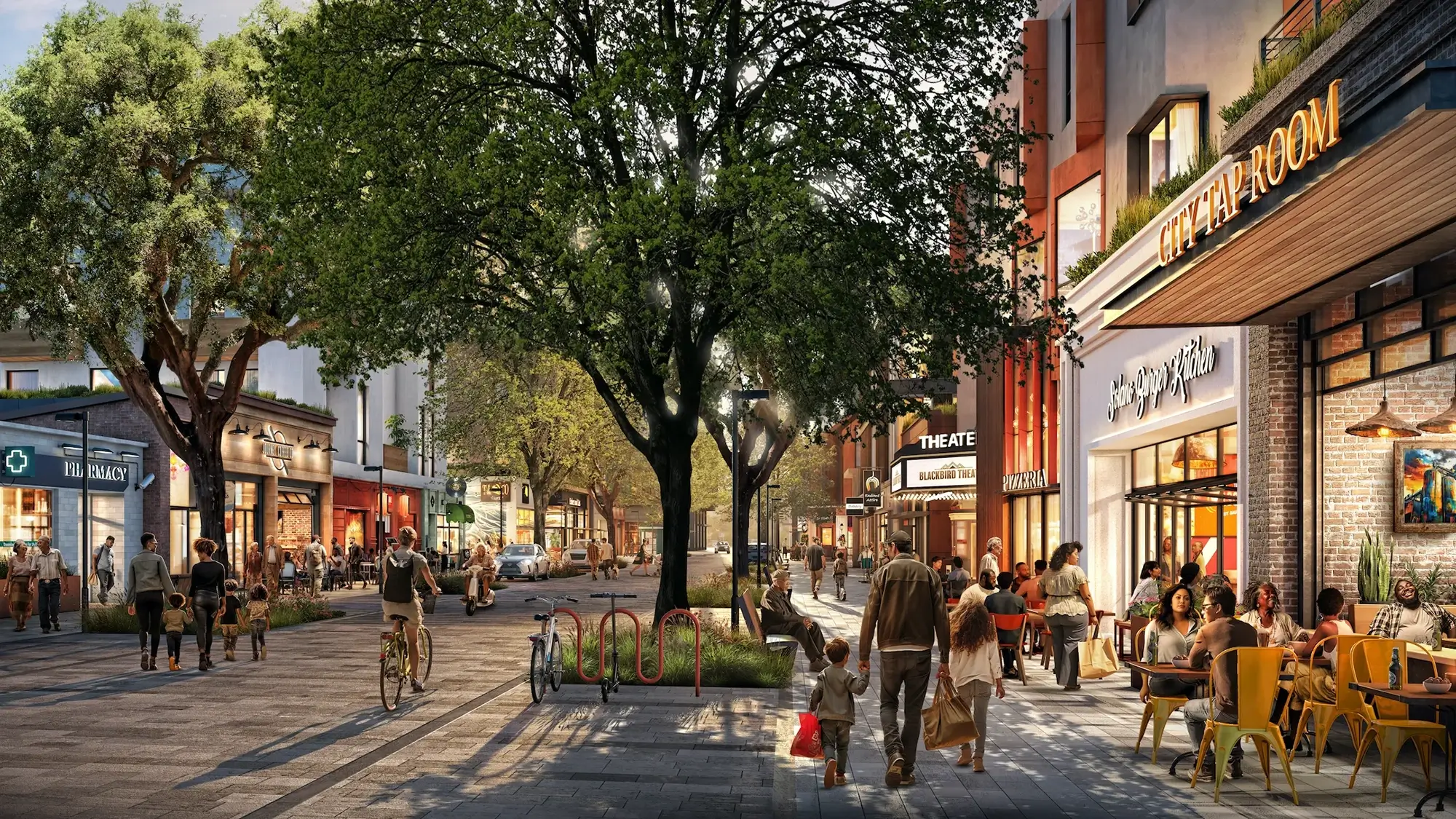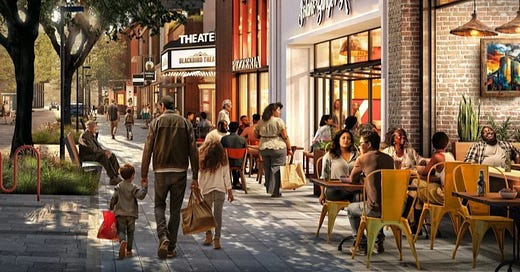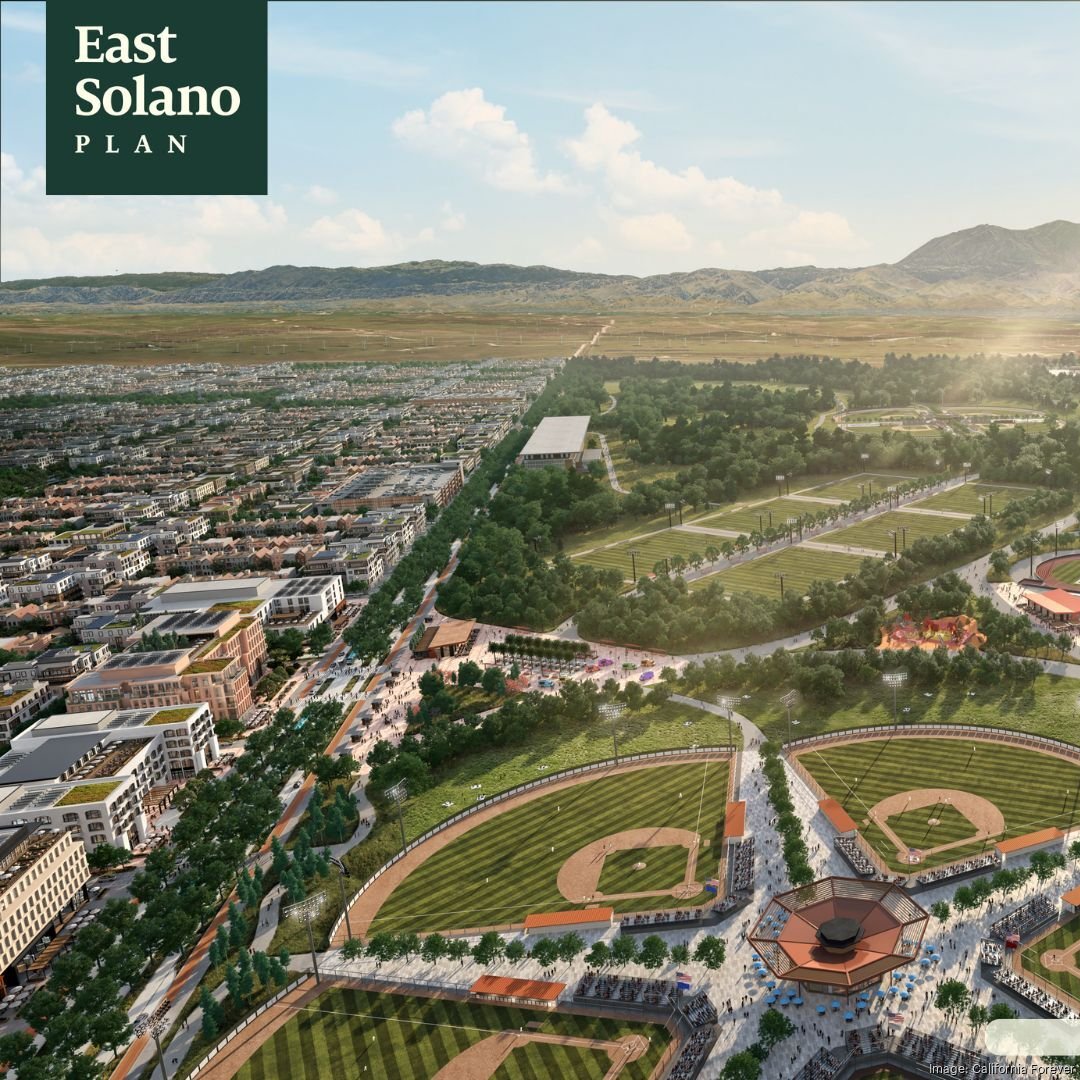The reason not to do this is because then the quality of talent at those agencies and the ability to staff them at all would decrease dramatically. I worked for a long time in agriculture policy in DC, and when a chunk of USDA was moved to Kansas City they lost a lot of their most experienced and skilled staffers (in this case research scientists most specifically). Having all federal agencies in one location in the capitol makes it easier to attract people who want to work in government but also want to be able to move around between agencies, capitol hill, etc.
Beyond that, there is the obvious efficiency and cost benefits to having all government agencies in one place in DC - agencies are not siloed, they work together all the time, often with many agencies all working on the same projects. It would be inefficient and probably detrimental to the quality of outcomes to force them to all have to travel around the country for any interagency meetings. Yet more, agencies are all accountable to the executive branch (the White House isn't leaving DC) and Congress (also not leaving DC), and agencies are often asked to submit testimony, meet with members of Congress, meet with the White House, etc. etc.
I generally agree, but it's also important to note that something like 80% of federal employees already *don't* work in the DC area, and work out of field offices or federal offices in the states. If the goal is "bring federal offices closer to the people" that job is already pretty well done. There's more federal employees in California than DC, and Texas isn't far behind. And those are often co-located with other federal agencies, in federal centers etc, because collaboration on the regional level is equally important as that at the HQ level. Plus, those field offices, regional HQs do have senior roles - they're often where DC HQ bound executives prove their chops. They answer to HQ in DC, HQ answers to Congress and the White House.
The federal agency headquarters also generally aren't so big to truly make a dent - HUD, for example, has about 2000 DC area employees - frankly 2000 jobs isn't likely to move the needle in say Detroit. I agree it's basically just a surefire way to neuter an agency for at least a few years, possibly more.
That said, if you're doing something new, or something that is functionally isolated from having to work closely with other agency HQs, there's no reason that has to be in DC. Moving itself is disruptive, but seeding something outside of DC is wholly reasonable. It isn't necessarily impossible to recruit talented people outside of DC - Idaho National Laboratories, the CDC in Atlanta, Marshall Space center in Huntsville AL... those work because that's where they were founded and organized in the first place. Even in the other direction, if you wanted to move the CDC to DC, you would attrit a huge portion of their current workforce, and likely the most senior, skilled, experienced people. Huntsville is rocket city because that's where NASA and the Army functionally incubated the industry at Redstone Arsenal, and an entire economic ecosystem has grown around that - that's something to be emulated.
Basically, go ahead and build the next IRS service center in Detroit, or the next national research lab in Colorado, but Space Force HQ needs to be at the Pentagon - And don't move anything you want to keep working.

